Mana pool. Planeswalker loyalty. Instant spells. Casting creatures. Countering spells.
All of these may seem alien to you if you belong to a group of people who has never ventured into the realm of trading card games (TCG). While most people will look at trading card games as a colossal waste of time and money, I would like to think otherwise.
As a hobby, TCG’s may not yield the most in way of monetary investment, but it allows for the growth of character, personality and other social skills that you will need in your life long journey. And no other TCG does this better than Magic the Gathering (MTG).
While there is a mixed view about MTG in general (just Google it and you will know), but as with all things, I will be focusing on all the positive aspects of this game. To briefly introduce the game, MTG places you in the shoes of a powerful wizard that has an arsenal of spells at his/her disposal, including monstrous creature spells, tricky illusion magic and even potent life ending sorceries. In order to cast these formidable spells, you will need mana , which is drawn from the landscape around you.
Now that you briefly understand what this game is all about, let us dive in straight to the benefits of playing it.
1. Calculations and Probability
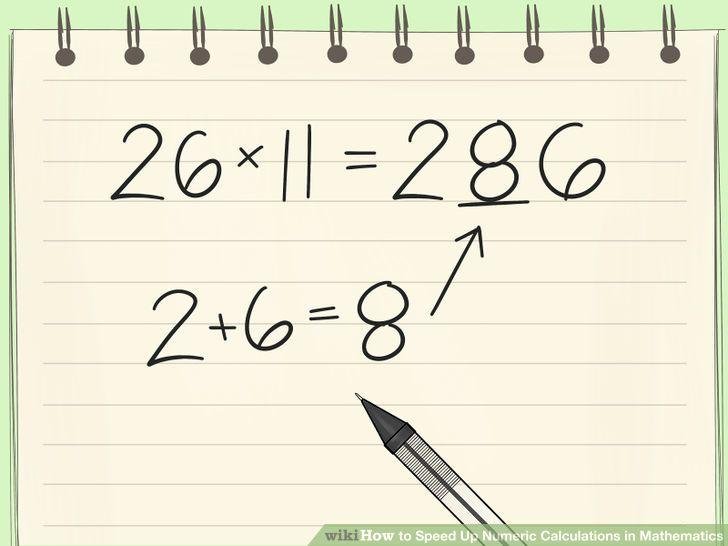
60 main deck cards, 15 sideboard cards, 4 copies of the same non basic land card, power and toughness, converted mana costs, planeswalker loyalty points, 20 life points and the list goes on.
MTG has a great deal of numbers in it. One of the ways to win is to simply reduce your opponent’s life total down to zero. Your job is to figure how to do it in the fastest way possible, without having your life total dwindle down as well.
In order for anyone to do the above, you have to apply some basic calculation skills such as addition and subtraction while playing the game, but trust me, the amount of times I was 1 damage short of killing my opponent is uncountable. You need to calculate properly and while this may seem unassuming for now, there is a whole lot of probability thrown into the mix here. You draw a starting hand size of 7, leaving 53 cards in your deck. You are only allowed to have 4 copies of a non-basic land card, so the chances of you drawing into something you need is now 4/53. You draw one card each turn, so that then increases your chances up to 4/52, or 1/13.
While all these calculations and probabilities are running through your head, your opponent is setting up his grand plan of blasting your face with a giant fireball. Sounds simple? NO!
Playing MTG will make you better at maths, but it doesn’t guarantee you will get an accounting degree.
2. Social Skills

Playing MTG in itself is a huge social experiment, since you will be meeting a lot of new people at your local game store or at a big tournament. All these people you meet will each have a unique personality. Some of them will be nice, but most of them will initiate your anger, resulting in you contemplating daily on who you should deliver a running lariat to.
There are a lot of sore winners and sore losers out there, and learning how to handle these types of people will give you a huge advantage later in life, as most bosses behave exactly like that.
Trust me when I say that MTG will teach you the virtue of patience against an opponent that takes turns slower than a pregnant woman in labour. While there are a multitude of bad characters out there, I have met some of the coolest people out there through MTG. A few of them are readily my good friends as most people who play MTG tend to consume other forms of pop culture. This in turn provides a platform for exchanging thoughts and ideas among many other things.
While MTG may not find you the love of your life, it will allow you to gain enough social skills to identify who should NOT be your immediate friend circle. And that is pure gold in itself.
3. Decision Making

There will be instances in a game where you will have multiple choices to make, and making the wrong decision will almost always end up with you losing your game spectacularly. But therein lies the beauty of critical decision making. Can you make a comeback after a debilitating mistake? If you have multiple good choices to make, what will place you in the most advantageous position in order to seal your victory? And decision making does not only come during the game, it starts even before the game begins.
There are roughly about 1000 cards in the standard format (format played the most by MTG players) and while there are a great number of good cards in that pool, you will have to decide what cards will make the cut into your 60 card deck (more number crunching…yay!).
Deciding what cards to play, what other cards that promote synergy within your deck and which card sleeve colour brings out the best in you are all important choices that need to be addressed even before the game starts. All these choices and decisions ultimately affect how you play the game, as well as the outcome of it.
Wise decisions will yield you victory, but that doesn’t mean you get to rub it in your opponent’s faces.
4. Strategy

There are multiple ways of destroying your opponents, depending on what is your preferred play style of course. Are you the type of player that likes to drop multiple dudes down and aim to mercilessly yank their spinal cords out? Or are you the type that methodically picks of all your opponents best laid plans and then closes in for the kill? Or are you the sadistic masochist that tortures your opponent slowly, hoping that he will just concede the game as he sobs profusely in silence?
Whatever your strategy is for dismantling your opponent, there is always a deck to fit that archtype including but not limited to, rush decks, mid-range decks, control decks, and many more.
You will also be required to do a field analysis and a meta game likelihood, as well as choosing an archtype that you are comfortable playing that has a good win rate against the meta. This is one of the most important aspects as not knowing what your opponent is running puts you at a great disadvantage. Your calculated risks all become straight out bad gambles, and in some circumstances, this will ensure your loss in an entire tournament.
Apart from dealing with your opponent’s main deck type and strategy, you have a 15 card sideboard that allows you to tune your deck in between games to improve your match up rate against certain archtypes that your deck may not be able handle right off the bat.
However, keep in mind your opponent has access to the same, so it is pretty much a prediction war based on what you have fielded in your game. Some cards have the ability to counter your spells outright, and playing around cards like this is the key to victory. Essentially, you set traps for your opponents and place some “bait” for them, hoping they will bite it, instead of biting your head off.
The strategy level in this game is almost like Sun Tzu’s Art of War, if you have actually read that book.
5. Economic Trade

There are multiple chase cards in all sets that make you look at your wallet as tears roll down your cheek gently. The prices of some of these cards will ensure that you work for the rest of your life, so forget about all those retirement plans you had. So, in order for you to obtain some of these cards, you will have to either buy more packs (thus depleting your cash reserves and your luck meter in life) or find people to trade cards you already have for something that you really need.
While barter trades and the like has existed since the age of cavemen, finding people to trade or purchase cards for below the market price is not exactly easy. You will need to learn how to approach people (more social skills gained) and negotiate with them as to reach middle ground that is agreeable by both parties. Sounds familiar? This is exactly what we do on a daily basis when we work, be it with clients, colleagues or even our bosses.
Understanding what cards go for a higher price, what is the value of said card in the future, and also who would pay above the market price is all basic principles of economy and business that you get to apply here. Don’t quit your day job just because you made a small fortune by selling cards though.
So, all in all, these are all reasons for you to pick up Magic the Gathering, the most well-known card game today. If you have doubts, feel free to not tell me about it because I don’t really care. With that being said, stay gold till next week!



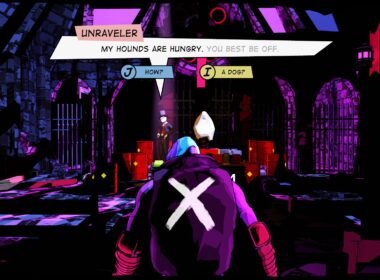

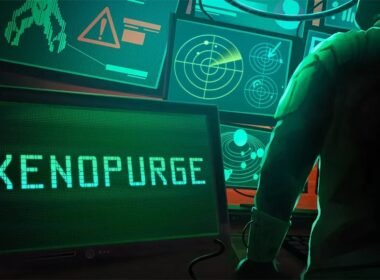
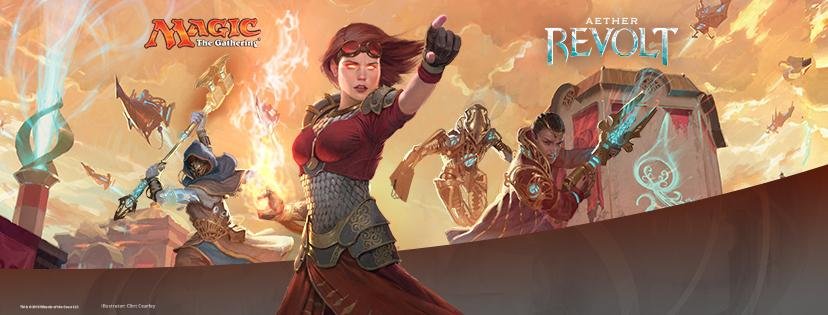
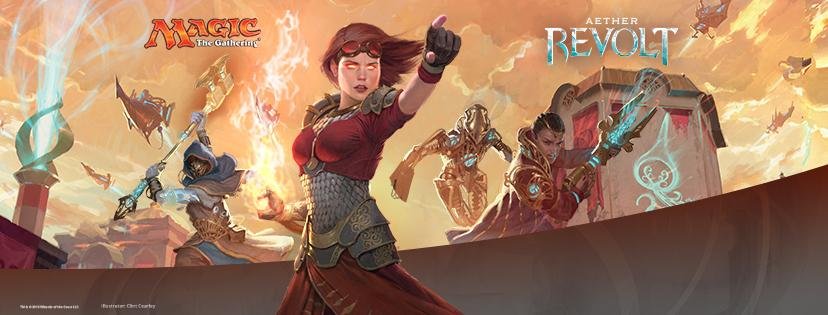


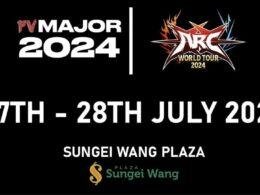


Comments 1